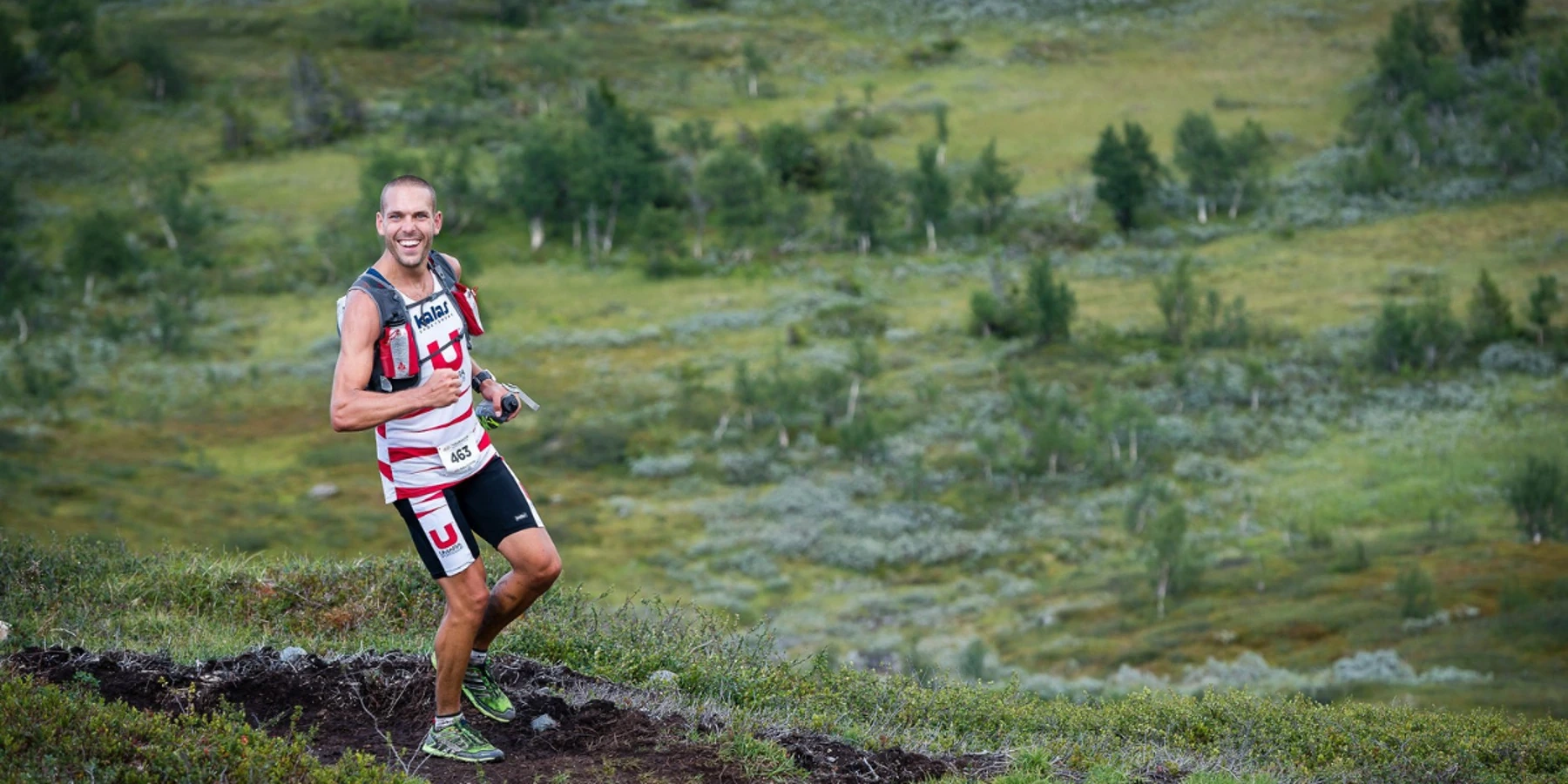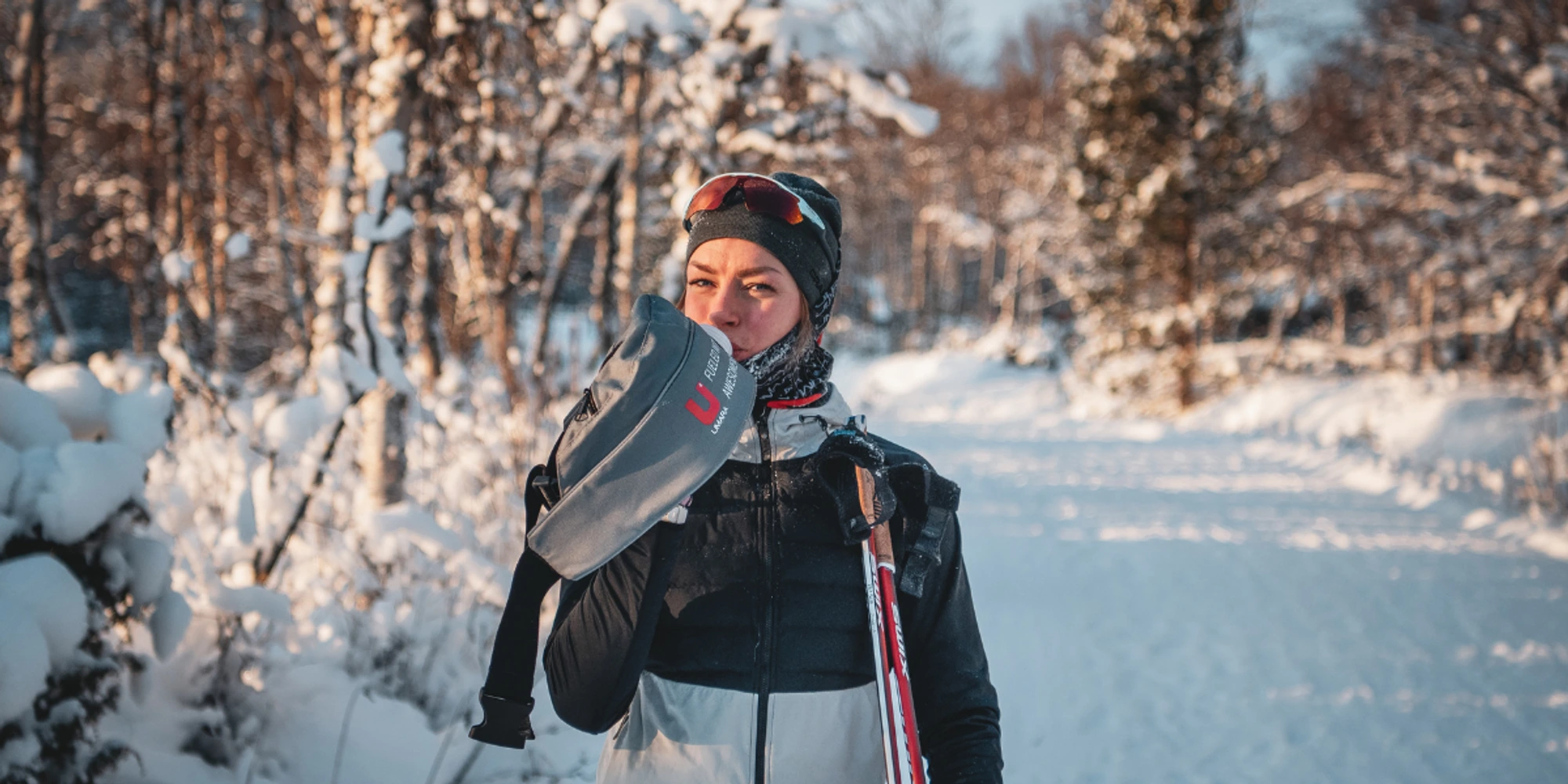
Basic Course in Exercise Physiology - Part 4
3.5min reading
Basic Course in Exercise Physiology - Part 4
By reading the earlier parts of this series, we've laid a foundational understanding of the body's structure and how it functions during exercise. Now, the spotlight shifts to understanding how performance can actually be enhanced. What makes training strengthen and improve our endurance?
Physical activity exposes the body to stress. After such activity, given the body is allowed to recover, its response is to rebuild itself, becoming either stronger or more enduring. This means an adaptation to the stress has occurred, enabling the body to be better equipped for the next challenge, leading to measurable performance improvement. Structured training often relies on principles detailing how different exercises influence performance. Let's delve into these principles.
Training Principles
Physical activity prompts a response from the body. In conducive conditions where recovery and energy are provided, this leads to adaptations. Adaptations refer to the body's anabolic (building up) processes kicking in to develop the physique. Both structural adaptations like muscle protein, mitochondria, capillaries, nerves, and blood cells, as well as chemical adaptations like enzymes, hormones, neurotransmitters, and glycogen stores, get modified by exercise. Different training intensities and focuses lead to various adaptations. The bottom line is, the body always adapts to new demands we place on it.
One of the simplest training principles is specificity: you get better at what you practice. If you want to run faster, you should train by running faster, not just by lifting weights or cycling, which may increase your endurance but won't necessarily improve your running capability. This is known as the principle of specificity. But it's not always straightforward. One must also consider factors like recovery, injuries, motivation, etc. Based on this principle, training is often segmented into different phases, aiding in better training planning. Broadly, these are general training, sport-specific training, and competition-specific training. Simplified, as you approach the competition season, the more sport-specific your training should become.
If we strictly adhered to the specificity principle, most of us would only train at competition speeds. After all, that's what we want to excel at. But the overloading principle also needs consideration. This principle suggests that the body aims to rebuild stronger after an activity, so it doesn’t feel as strenuous the next time. Think of it as pushing a beach ball underwater: when you let go (recover), it shoots up above the water surface (your previous level), reaching a higher performance level. This principle also aids in scheduling training and rest, ensuring optimal compensation at the right time. It's a delicate balance – if you don't train hard enough, you won't have enough stimulus to reach a new level; if you train too hard without adequate rest, performance may decline.
Most beginners notice how swiftly they improve when starting out. The body adapts rapidly, with adaptation processes working overtime. But eventually, one reaches a plateau where improvements aren't as effortless. Hence, an effective training strategy based on progression is crucial. Progression refers to an overarching plan dictating how training should incrementally advance, from daily to monthly and yearly schedules. Many factors can be structured in this process, like training volume, weekly sessions, annual competitions, session duration, rest intervals, work intervals, technical training difficulty, and the ratio of intensive to relaxed sessions, among others.
In conclusion, for optimal performance, it's pivotal to view these principles from an individualized perspective. We all have varied training responses and capacities. Merely copying another person's training plan isn't usually the best approach. We come with different genetic predispositions and mental mindsets. While short, intense sessions may suit some, others might benefit from longer and less intensive ones. Finding your balance is key.
Our hope at Umara is that through this series, you'll feel more confident in sports science, daring to experiment with your training and energy plans to discover your peak performance. To learn even more, we suggest a visit to "Prestera Mera."
Best of luck with your training!

